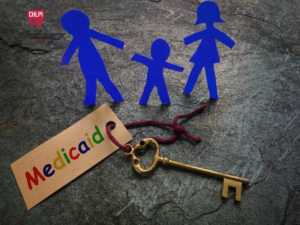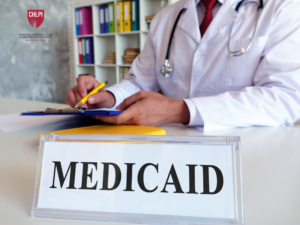By John Card and Elizabeth Kaplan. Originally published on Health Affairs Forefront on September 23, 2024.
Incarceration is associated with well-documented, significant negative health impacts, both in terms of health disparities experienced by people who have been incarcerated and the systemic impacts of incarceration on community health. For example, people who have been incarcerated are more likely to have a mental health disorder, a substance use disorder, HIV, hepatitis C, and tuberculosis. They are also at an increased risk of death from overdose, cardiovascular disease, or suicide during the period immediately following release.
Additionally, incarceration exacerbates health inequity due to its disproportionate impact on systemically marginalized communities such as Black, Latine, and other communities of color, LGBTQ+ people, and people with low incomes, compounding health harms among these populations—especially for those at the intersections of these communities. This is particularly true for women, nonbinary, and transgender people, who face even greater health risks and enhanced challenges in accessing appropriate health care while incarcerated and upon release.
One policy strategy to address these trends is for states to provide pre-release Medicaid coverage for people in carceral institutions which, until recently, was not an option. But policy changes on the cusp of implementation will soon make certain people nearing release from prisons and jails newly eligible for Medicaid benefits.
Read the full article.


